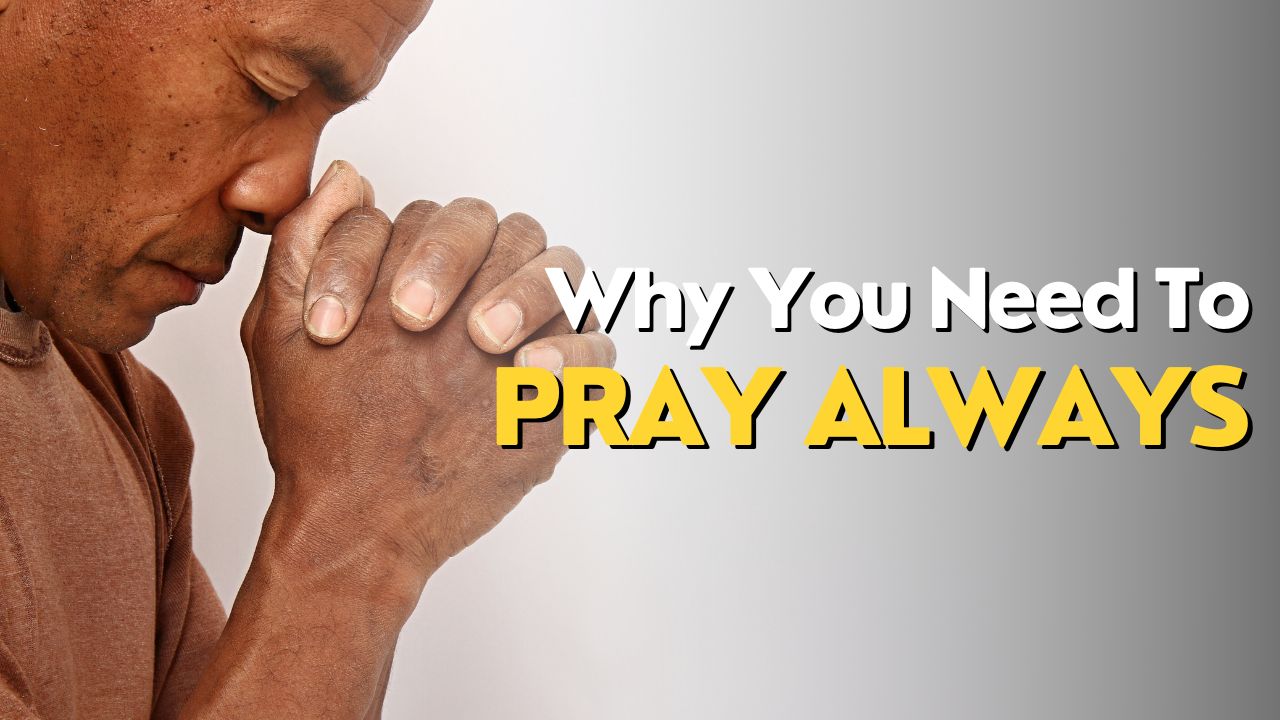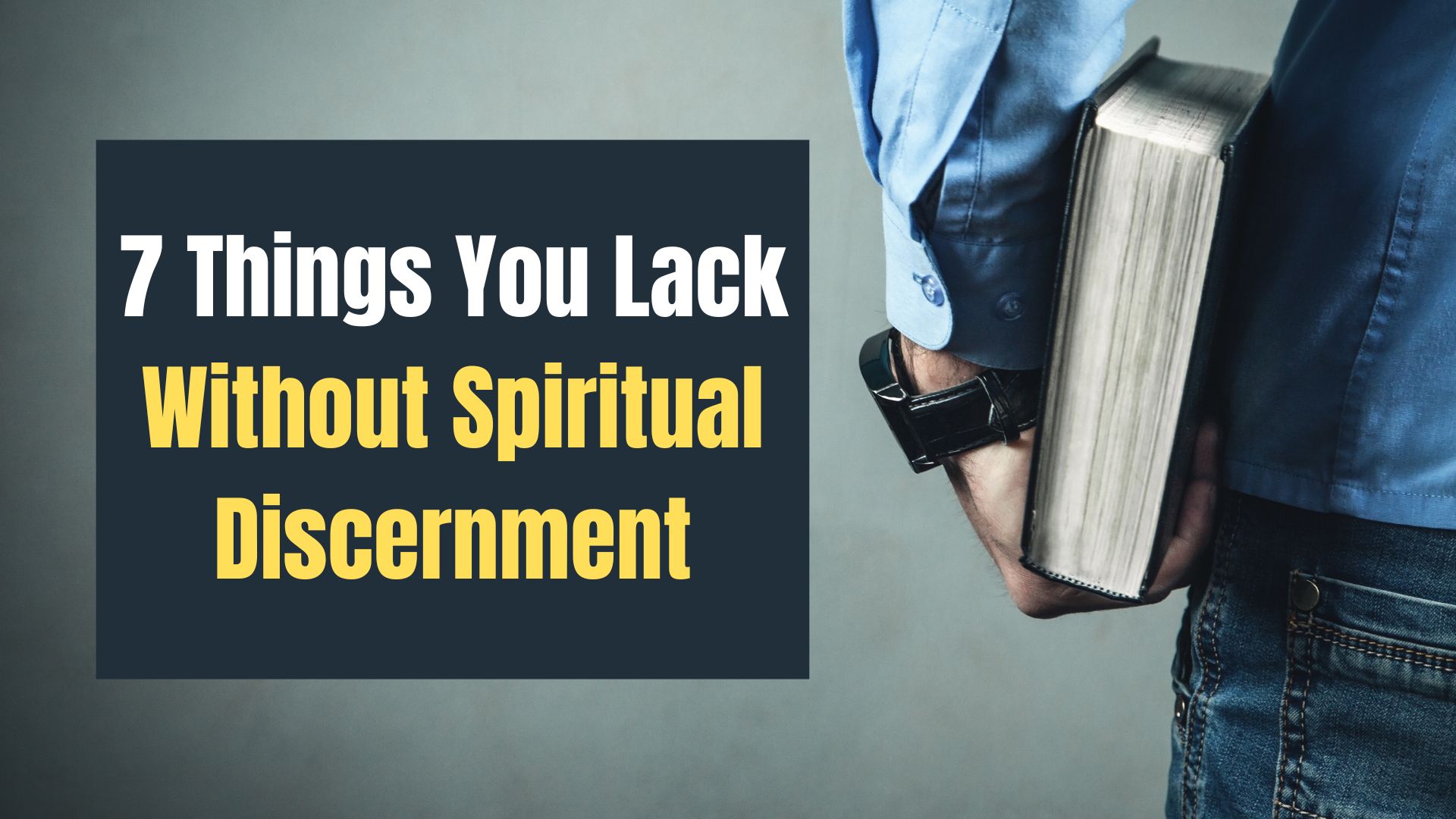We all know we are commanded to trust in the Lord. Proverbs 3:5-7 says, Trust in the LORD with all thine heart; and lean not unto thine own understanding. In all thy ways acknowledge him, and he shall direct thy paths. Be not wise in thine own eyes: fear the LORD, and depart from evil. How much do you really trust God? I don’t mean that kind of trust that has obvious conditions. I mean total and genuine trust. Nothing will test your trust as much as this one command: And when ye stand praying, forgive, if ye have ought against any: that your Father also which is in heaven may forgive you your trespasses. (Mark 11:25)
You may contend that you have no problem with this command. Allow me to congratulate you because, if that is true, you certainly are the exception of most people. Either you are the best Christian, or you have not yet been violated or betrayed in any major way. I know my heart, and I know that forgiving someone who hurts me is by far the most difficult thing I do as a Christian.
Forgiveness tests my trust in God like no other commandment. It requires me to trust God’s character, strength, love, and protection and to place the entire list of consequences and potential losses into His hands. It is a scary and almost overwhelming moment of trust. It is a huge risk, in my human mind, because it requires me to give up my right to decide what is best for that person or myself. It is a moment when my faith becomes a risked action. I am in essence putting everything on the line because, after all, this is my life, my pain, and my suffering. I am the one who has been violated—betrayed.
Never is the proof of my trust in God more evident than when I yield control, trusting in His character, love, and power. It is then that the entire matter moves out of my hands and into God’s. In fact, the matter of forgiveness is not settled until my trust in God is first resolved. Only after I have settled my faith fully can I find the power to go to that one who has hurt me and unconditionally offer my—no, God’s—forgiveness. If I forgive without faith, that forgiveness will crumble right before my eyes, and what will follow will be the devastating effects of anger, malice, wrath, bitterness, and slander. If I put one iota of my responsibility to forgive upon the shoulders of the one who has offended me, I will fail miserably.
How then can I know, I mean truly know, that I have put my trust in God enough to be able to forgive? Here is the answer. When I can look at that one who wronged me and unquestionably say, “I love you,” and know that my words are without any hypocrisy, I can know that I have forgiven. More importantly, I can know that I have truly put my trust in God. All the baggage of hurt and suffering will have left my shoulders and will be resting on His. That, my Friend, is trust. How exactly is that kind of trust possible when it deals with forgiveness? The answer is found by looking further into this passage.
- Trust Him with all your HEART. Now, it does not say to trust Him with all your mind, understanding, wisdom, or feelings. It says to trust Him with all your heart. Why your heart? It is in your heart of hearts that you know the God Who loves you has your best interest in mind. It is not your understanding that guides you to trust Him enough to forgive. It is your heart. When my head says, “Do not forgive,” my heart says, “I can trust God.” We know in our hearts that we can trust God enough to forgive any hurt brought against us by another. Only God has earned that kind of trust.
- Do not lean on your own understanding. Why do people hurt us? More importantly, why does God allow it? I do not know. I do not understand. I cannot understand why a once close friend would betray me and try to destroy me. I cannot understand why a person would lie about me. You cannot understand the hurt caused by others, so you must not lean on your understanding. I know this: I can trust God even when I cannot understand.
- Acknowledge Him in all your ways. Why should you acknowledge Him? You must do so in order for God to direct your path. On my own path, I cannot always find forgiveness. However, when I have taken note of God in all my ways, He can direct my path to forgiveness even when I do not desire to forgive. God’s path is always one of forgiveness. Jesus walked that path before me, so now He is directing me on His path. That path is one where the potholes of unforgiveness have been paved over by the blood of Christ.
- Do not be wise in your own eyes. Pride is a huge deterrent to forgiveness. When I am walking in my own wisdom, I cannot see the benefit of forgiving one who has hurt me. Let’s be honest, forgiveness does not always make human sense. When a drunk driver hits the car driven by your child and takes your child’s life, human wisdom says not to forgive; but human wisdom is not to be trusted. God’s wisdom is to be trusted. It is a wisdom that is from above and is pure and peaceable. Stop trying to forgive with your wisdom and start forgiving by faith.
- Fear the LORD. What does this have to do with forgiveness? A verse in Ecclesiastes says that we are to fear the Lord in order to keep His commandments. A verse in Proverbs says that strong confidence is found in the fear of the Lord. When you fear God, which means you are in reverential awe of Him, you will trust Him enough to forgive.
- Depart from evil. It all comes down to the fact that you are taking matters into your own hands and playing God with another’s life when you refuse to forgive. That is evil. Evil is when a person deliberately seeks to harm another. Not forgiving will lead to evil. That evil that you seek against the one who hurt you is a part of your distrust of God. God will deal with those who hurt you, but you must trust Him and not seek vengeance for yourself.
There is a wonderful by-product of trusting God. Verse 8 says It shall be health to thy navel, and marrow to thy bones. This is a beautiful trust. The navel is that place where the umbilical cord connected you to your mother, which provided you the nourishment to grow and to develop. Trusting God will nourish your spiritual growth. Marrow is that which produces the red blood cells which give you life. Trusting God enough to forgive will give you growth and life, while not doing so will hinder your growth and weaken your spiritual life.
Therefore, if there is anyone—ANYONE—who at this moment has not received your forgiveness, you have not trusted God. Make whatever excuse you want. Paint the picture of his violation against you as black as you wish, but your problem, Dear One, is not what that person has done to you. Your problem is that your trust in your Heavenly Father is feeble and lacking. There are no chains of hurt and no cell doors of unforgiveness that can withstand His power; you will know that only if you decide to make the decision to risk it all by trusting Him. Obedience is always a matter of trust, but this kind of obedience requires a greater degree of trust for most people.
Pastor Neal, through his preaching and his counseling, displays the compassionate heart of a pastor, follows the true leading of the Holy Spirit, and expresses a fervent desire to see lost souls come to know Christ. It is his ultimate desire to see the greater Jacksonville area reached for the cause of Christ and for revival to come to Northeast Florida.





